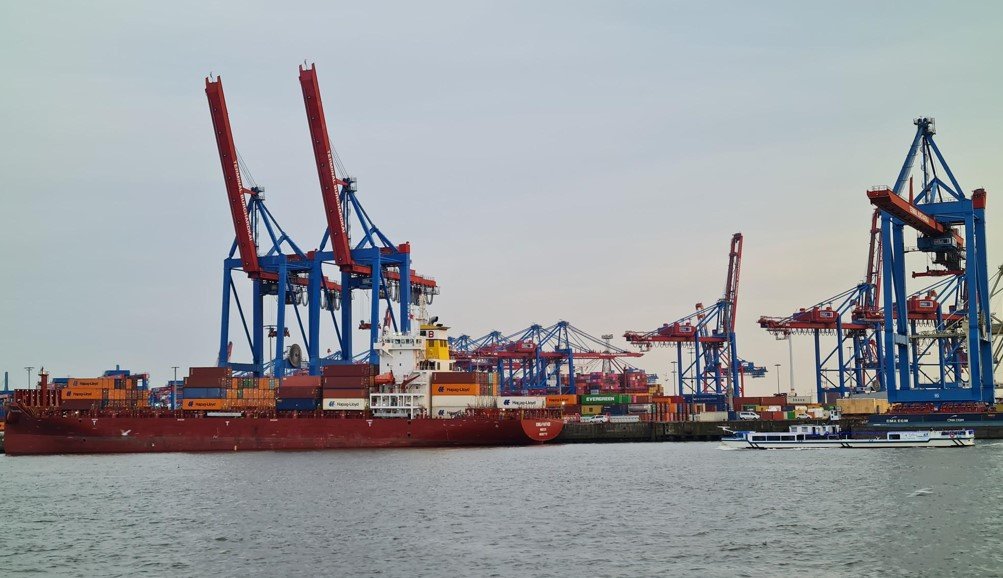The European Sea Ports Organisation (ESPO) has highlighted three major challenges that European ports must overcome to effectively implement the Clean Industrial Deal. First, ports require adequate infrastructure investments to support green technologies and energy sources. Without modern facilities, ports cannot accommodate the growing demand for sustainable logistics.
Second, regulatory frameworks need reform to facilitate the integration of renewable energy solutions into port operations. Current regulations can hinder innovation and slow down the adoption of cleaner practices. ESPO advocates for policies that encourage investments in renewable energy projects at ports, enabling them to transition from fossil fuels.
Lastly, collaboration among stakeholders is crucial. Ports must work closely with local governments, shipping companies, and technology providers to design and execute joint initiatives that promote sustainability. This partnership can drive shared goals toward reducing emissions and improving energy efficiency across the maritime sector.
ESPO’s emphasis on these challenges underscores the need for a comprehensive approach to make European ports leaders in clean industrial practices. By addressing infrastructure, regulatory barriers, and stakeholder collaboration, ports can play a pivotal role in achieving Europe’s climate targets.



